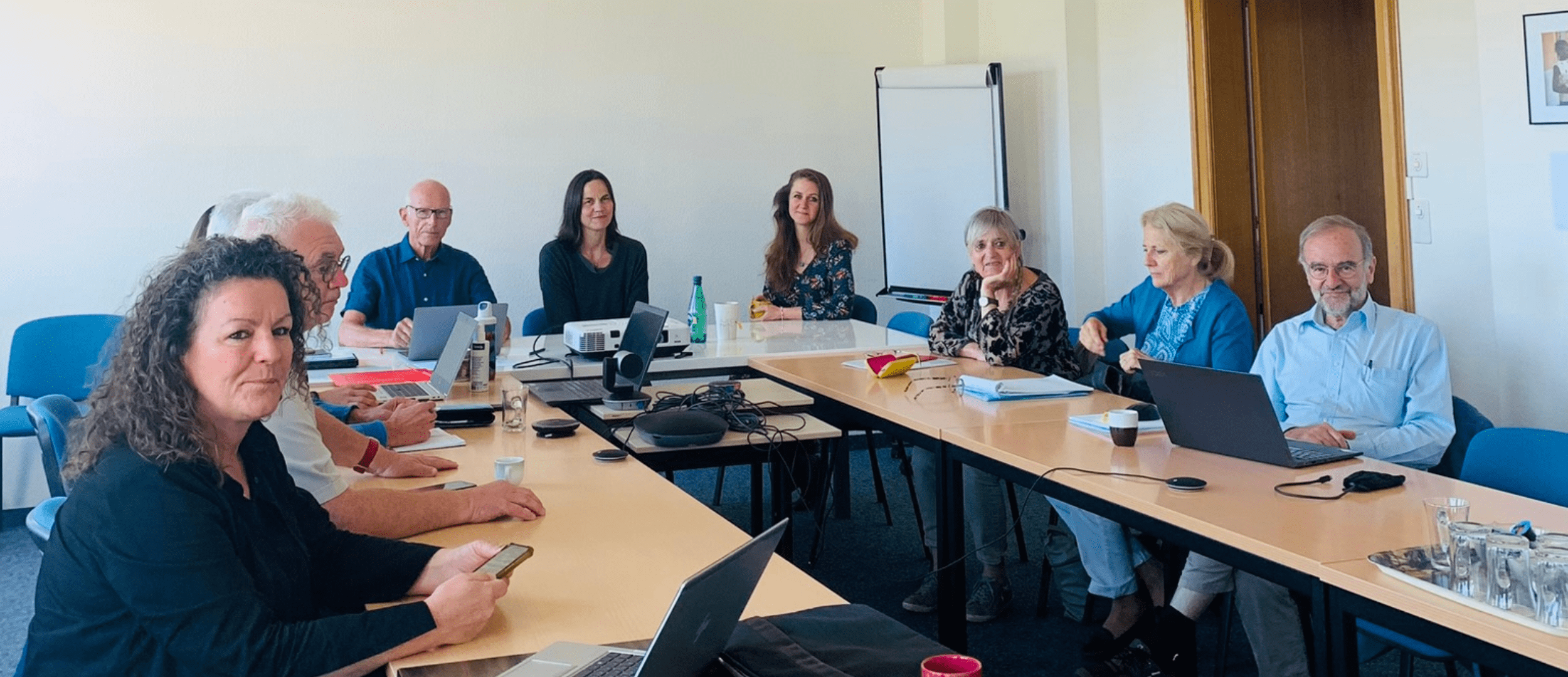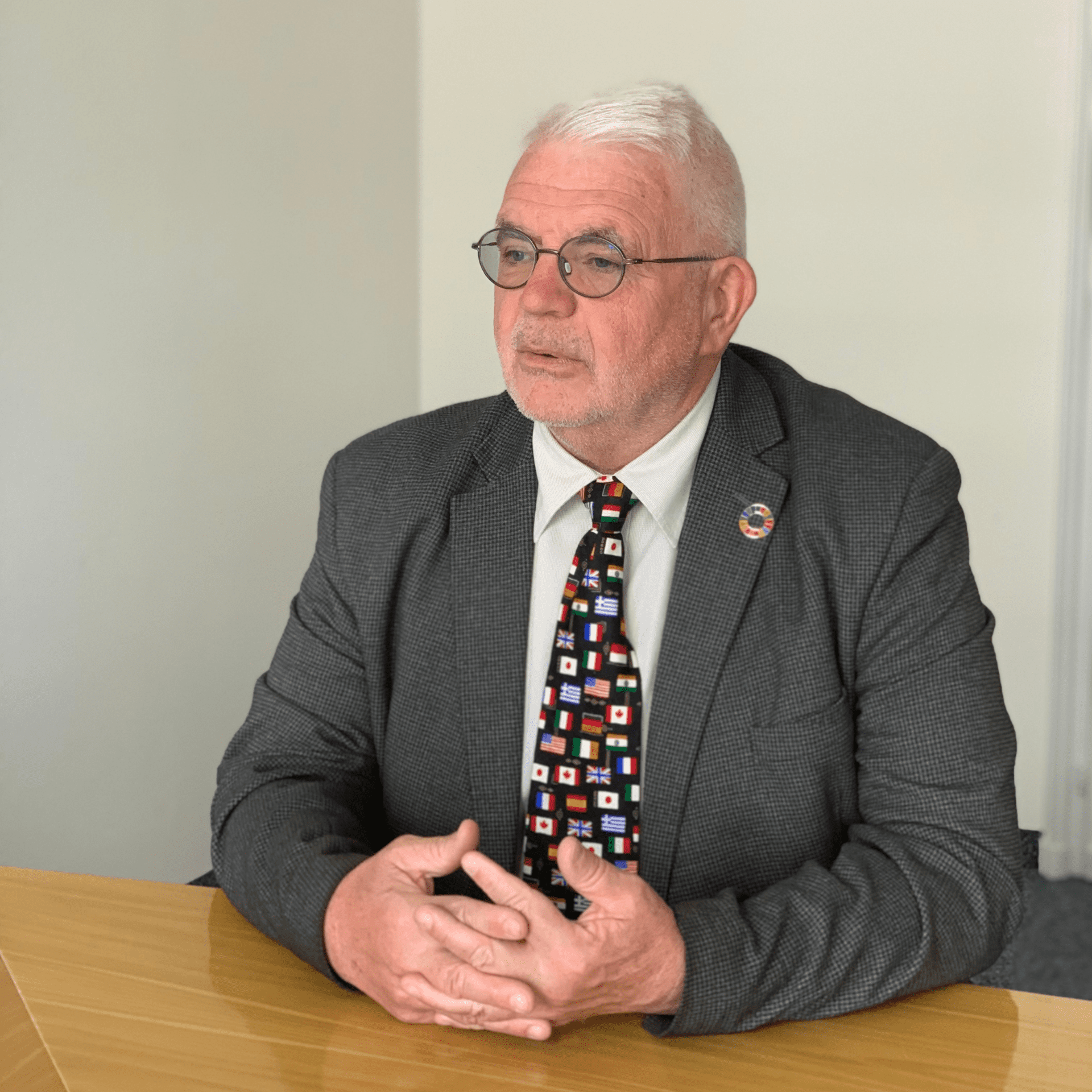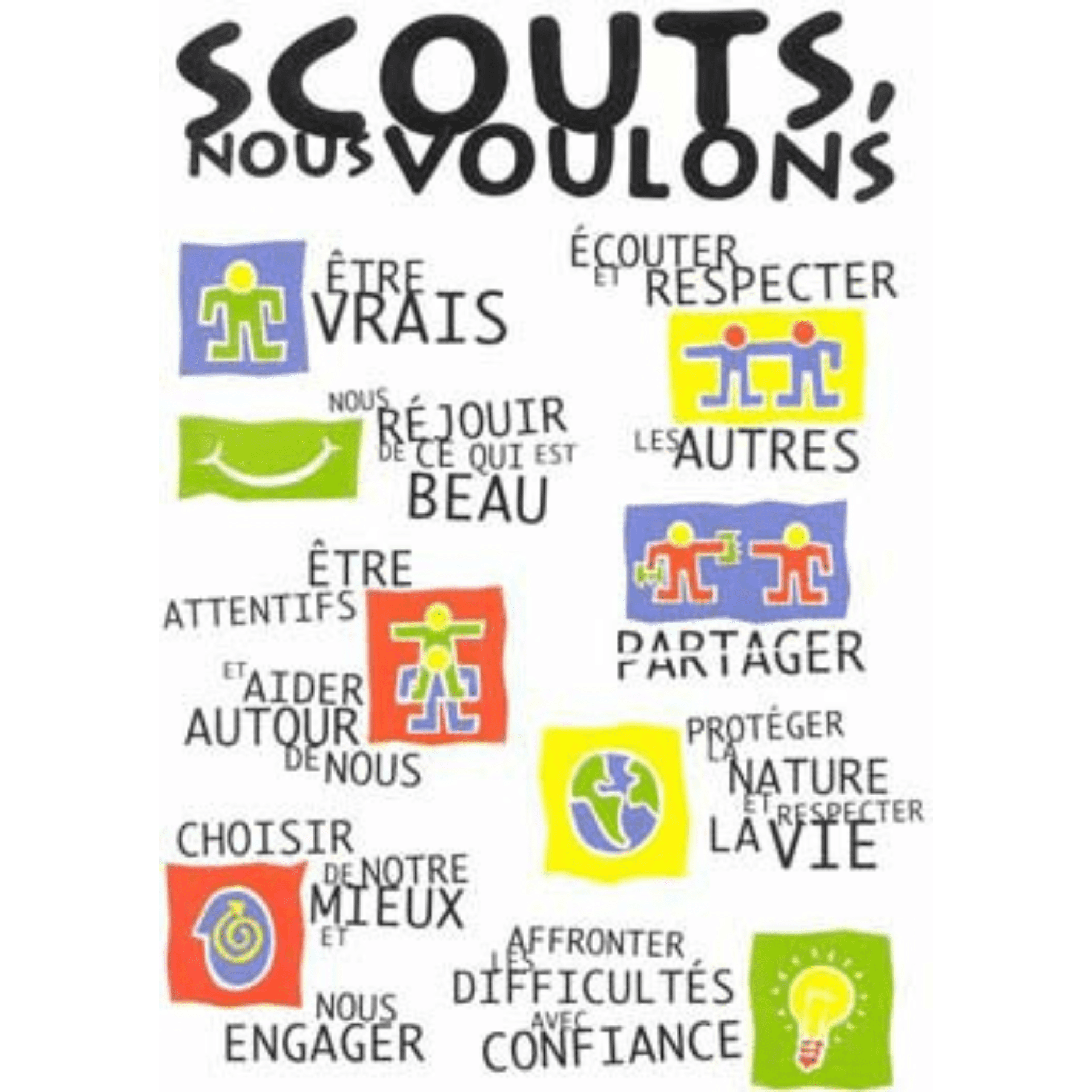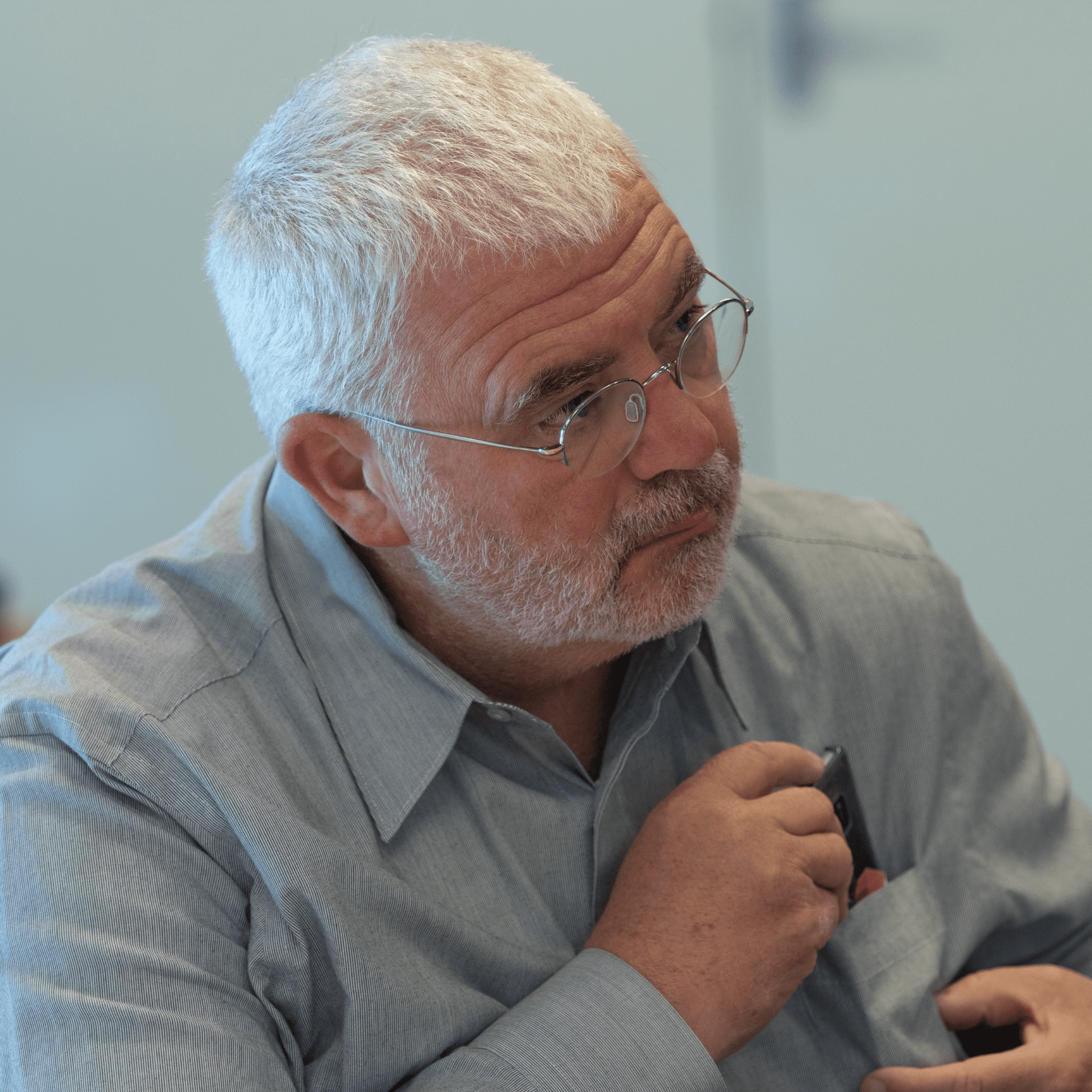
At the General Assembly of Enfants du Monde on 20 June 2024, Laurent Guye – President of Enfants du Monde since 2014 – handed over the presidency to Robert Thomson, a scientific specialist who spent 40 years as health advisor to institutions such as the World Health Organisation (WHO) and the Swiss Agency for Development and Cooperation (SDC).
We are delighted to share their views with you today on the association’s achievements and its future.
Significant Growth Over the Past 10 Years
Hello Laurent, you jokingly mention that your interactions with Central Asian leaders have convinced you of the dangers of staying too long in one’s position. Thus, after 10 years as the president of the Enfants du Monde committee, you have decided to step down.
What is your perspective on the evolution of our NGO over this decade?
Enfants du Monde has significantly strengthened its position, increasing its budget from 7.6 million CHF in 2014 to 13.6 million CHF in 2023, and the number of full-time staff from 15 to 21 during the same period. However, these figures only partially capture the organization’s efforts to adapt to a rapidly changing environment.
In several countries of intervention, the security situation has deteriorated, leading to an explosion in the number of refugees and displaced persons. To continue supporting these populations affected by insecurity and violence, Enfants du Monde has adapted its working methods, increasingly relying on local expertise available in these countries.
Enfants du Monde has also successfully responded to the evolving policies of major donors, such as the SDC, which has reduced the contribution allocated to each organization to support a larger number. Additionally, the alliance formed between Enfants du Monde and SolidarMed has created a medium-sized organization, pooling the expertise of each member of the partnership.
Simultaneously, the success of Enfants du Monde in securing significant mandates awarded through tenders, which have become a predominant source of funding, demonstrates that its expertise in education is widely recognized, even beyond the borders of Switzerland.
What are your wishes for the new president, Robert Thomson?
Robert takes over the presidency of the committee in a context of rapid changes; the role of strategic leadership and committee oversight is therefore even more important. His extensive experience and unwavering commitment to children place him ideally to fulfill this task.
Adapting to a rapidly changing environment
What do you think are the main challenges that Enfants du Monde will have to face in the coming years?
To ensure the sustainability of its impact, Enfants du Monde has always worked in collaboration with institutions in partner countries, especially ministries of education and health, aiming to strengthen and improve the quality of their policies and practices. However, the challenges are numerous:
How can we effectively act in the context of fragile states, also shaken by internal crises and conflicts?
How can we transition towards cooperation methods that prioritize the choices of partner countries and promote synergy between local expertise and the contributions of Enfants du Monde teams?
Lastly, how can we demonstrate the flexibility and adaptation necessary to win tenders without deviating from Enfants du Monde ‘s core competencies, knowing that the NGO’s primary capital lies in the knowledge and operational experience of its teams?
I have confidence that, based on its trajectory over the past decade and the professionalism of its teams and leadership, Enfants du Monde will be able to provide relevant answers to these challenges.
Including the Most Vulnerable to Find Solutions
Hello Robert, you have just been elected President of Enfants du Monde. Please introduce yourself!
A Swiss and British dual national, having worked in Geneva and around the world for many years, I have been fortunate to receive a mixed religious, linguistic, and cultural heritage that has shaped my open-mindedness. As a committed European, I am also deeply attached to the values of Scouting, a movement I joined at the age of nine.
Over the course of about forty years, my career has evolved as a scientific specialist and health advisor within institutions such as the World Scout Bureau, the World Health Organization, the United Nations Population Fund, the Swiss Agency for Development and Cooperation, and the Global Fund to Fight AIDS, Tuberculosis, and Malaria. If there is one thing, I can be proud of, it is that I have sought the participation of so-called vulnerable people in decision-making and the implementation of the programs for which I was responsible.
Currently retired, I am grateful to be able to share my time between the sea in Tunisia, the Bernese Alps, and the Geneva countryside. However, I remain a member of the Swiss Humanitarian Aid Unit, a militia of experts available in case of crisis. For example, in 2023, the earthquake at the Turkish-Syrian border left families completely destitute, and this group was able to propose a strategy to prevent early marriages, where the dowry of girls represents a significant source of income.
Giving Back to Society What I Myself Have Received
What are your motivations for taking on the presidency of the NGO?
As a baby boomer, I have benefited from the massive investments made in the 1950s in education and public health in Europe. For me, it is essential both to give back to society what I have received and to ensure that future generations have the same opportunities.
My motivation and actions, in general, are guided by deep personal values, notably those of the Scout laws. Taking on the presidency of Enfants du Monde is a way for me to put these values into practice and actively contribute to the education and health of children worldwide.
The main challenges of Enfants du Monde.
Your commitment to child protection has been evident throughout your career. Do you believe that much has been achieved since the Geneva Declaration of 1924, or would you say there is still much to be done?
The Geneva Declaration of 1924 was fundamental for child protection, giving rise to organizations that are still active today. However, despite these advancements, much remains to be done. The goal would be for all nations to assume their responsibilities fully and spontaneously towards children, prioritizing education, and public health in their legislation and, most importantly, in their budgets, ahead of armament.
What do you see as the main challenges facing Enfants du Monde in the coming years?
One of the main challenges is to integrate education and health in fragile and conflicting contexts. This requires the adoption of a tripartite approach called NEXUS, which combines development aid, humanitarian action, and peacebuilding. And unfortunately, we are now in a context of decreasing public funding, so it is crucial to rationalize available resources and maximize the impact of each contribution to support children’s education and health, particularly in these emergency situations.
Another key challenge is to remember that, under international law, adolescents remain children until they turn 18. It is vital to take their sexual and reproductive health into account and to provide them with a comprehensive education on sexuality, drawing on their traditions and cultures to illustrate the scientific basis underpinning this education. Our aim is to save lives, for example by preventing the deaths of 17-year-old “girl-mothers” from hemorrhaging during repeated early pregnancies, or by protecting 15-year-olds from HIV infection. These are sensitive issues, both in the field with our partners and with our donors, and we must maintain everyone’s trust by adopting a correct and balanced approach to preserve the central place of child protection.
What is your vision for tackling this?
I’m pragmatic and idealistic. So, I want the management and teams of Enfants du Monde to feel increasingly supported by their committee. Together, we must ensure that our programs have a significant impact on development and peace in the most fragile contexts, guaranteeing lasting and positive effects for current and future generations.




